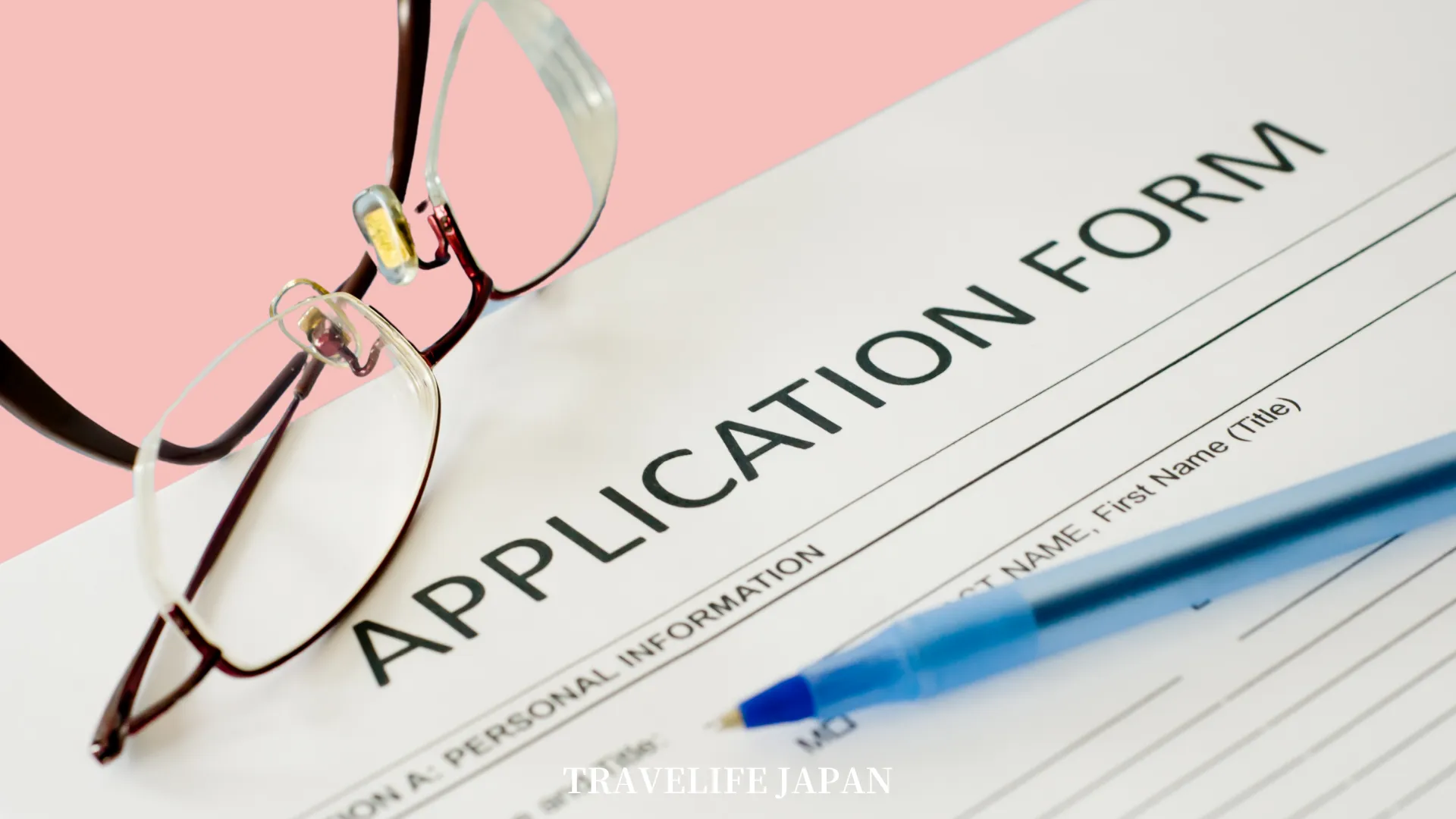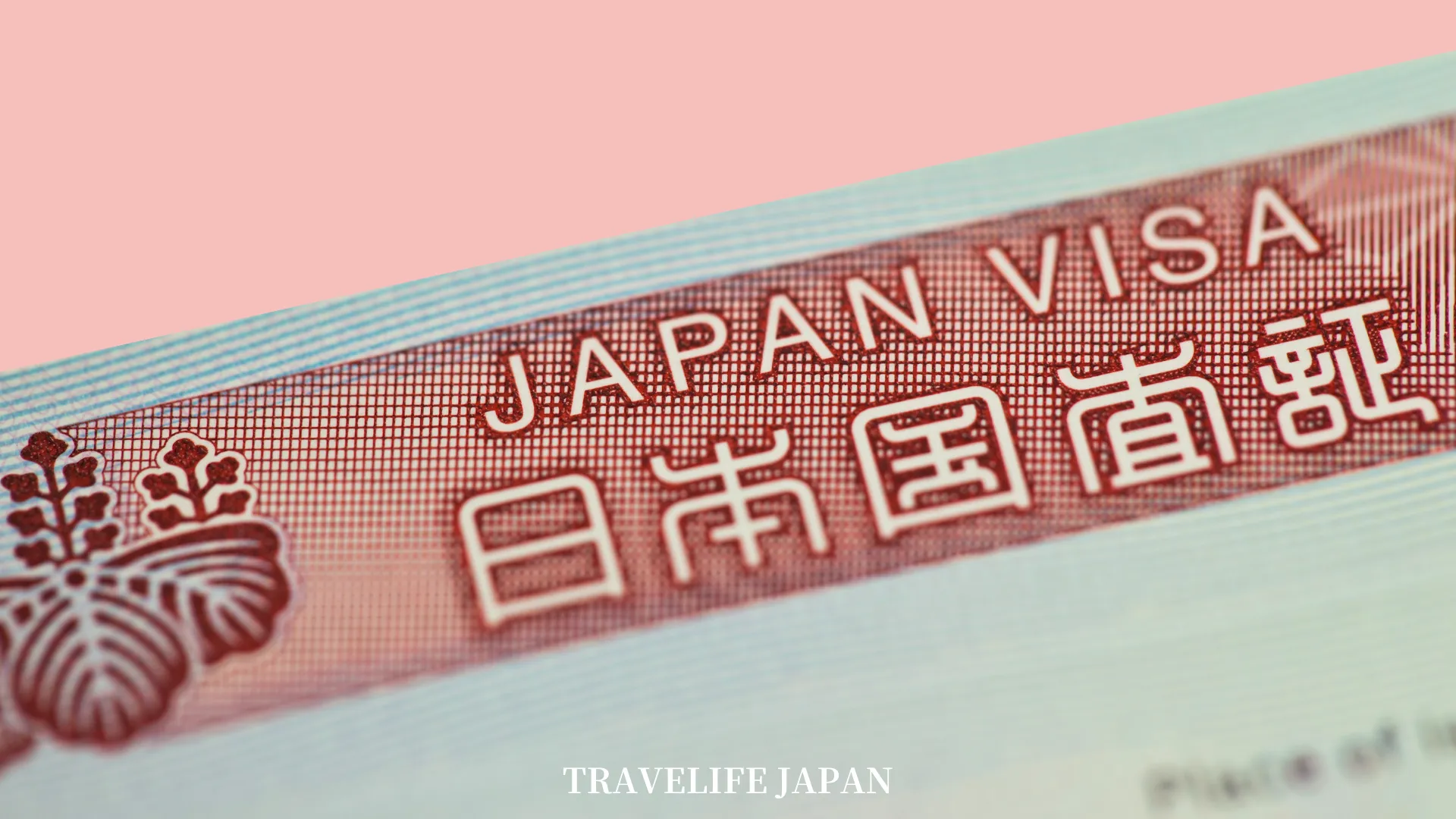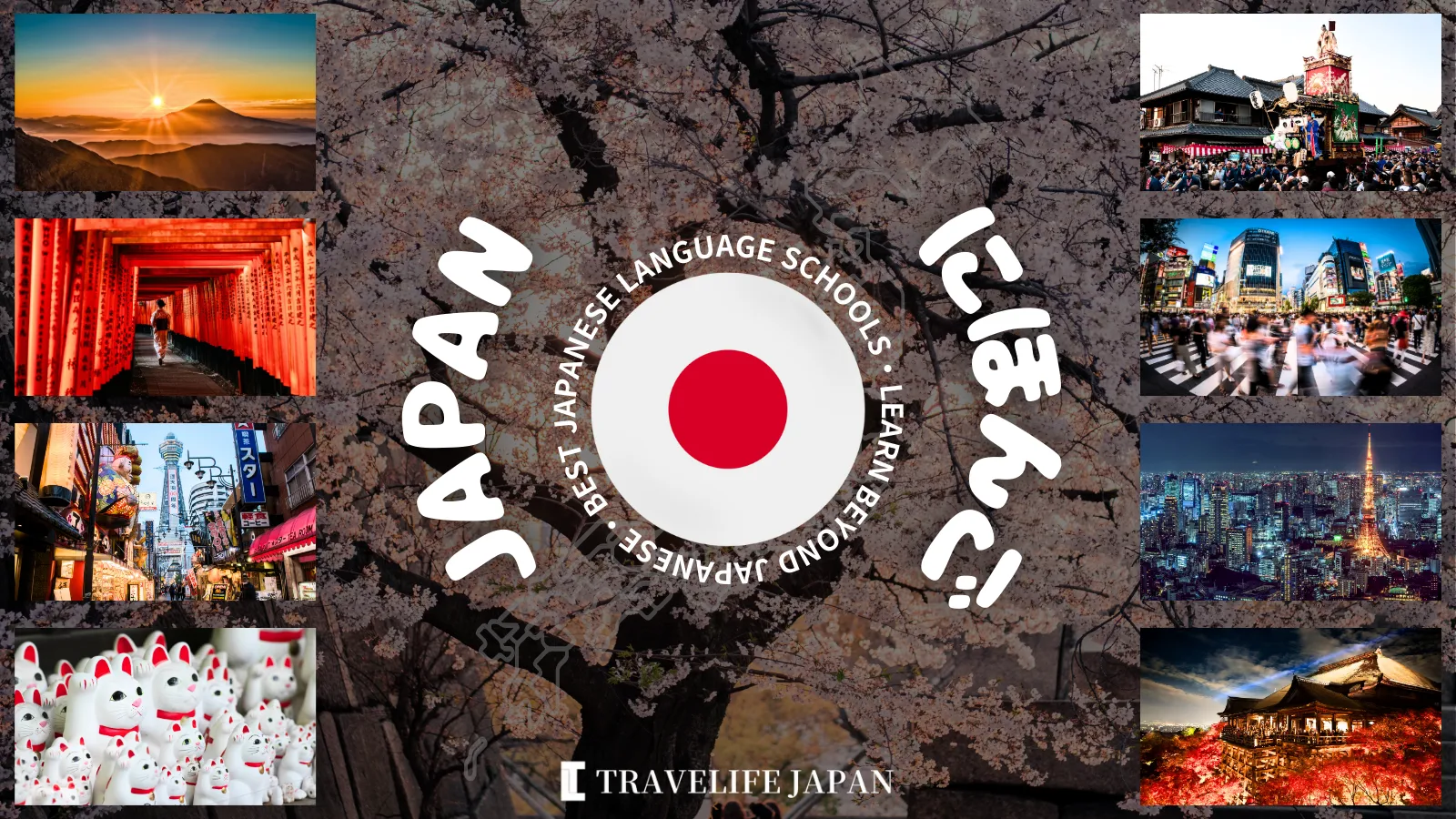FAQ
Frequently asked questions about study in Japan.
If you have any other inquiries, please do not hesitate to contact us anytime.
Q1: How long does it take to apply for a language school in Japan?
The application process for Japanese language schools usually takes 6 to 8 months before your intended start date. This timeframe accounts for preparing and submitting application forms, gathering necessary documentation (such as academic transcripts, proof of financial means, and health records), and awaiting acceptance confirmation. Some schools have specific deadlines or entry periods, making it crucial to plan accordingly. Additionally, popular schools fill up quickly, so early application is advisable.

Q2: Is applying for a Japanese student visa complicated?
Applying for a Japanese student visa involves several steps and requires the careful preparation of various documents. While the process can be complex, being well-prepared and organized can make it more manageable. The required documents generally include:
- Passport: A valid passport with sufficient validity period.
- Visa Application Form: Properly filled out and signed. This form is available at Japanese embassies or consulates.
- Photograph(s): Recent passport-sized photos, usually two, adhering to the specified dimensions and guidelines.
- Certificate of Eligibility (COE): This is issued by the Immigration Bureau in Japan and proves you’ve been accepted by a Japanese educational institution. Your school in Japan typically applies for this on your behalf.
- Admission Letter: Proof of acceptance from the Japanese educational institution where you plan to study.
- Financial Proof: Documents demonstrating your ability to cover expenses during your stay in Japan. This can include bank statements, scholarship letters, or financial guarantor’s documents.
- Academic Records: Transcripts and diplomas from your most recent educational institution.
- Health Certificate: Some embassies or consulates may require a health certificate.
- Resume or Curriculum Vitae (CV): Especially if you have a gap in your educational history.
- Statement of Purpose: A letter explaining why you wish to study in Japan and your plans during your stay.
- Additional Documents: Depending on your specific situation or the requirements of the Japanese embassy or consulate in your country, you may need to provide additional documents, such as proof of language proficiency, a return flight ticket, or a criminal background check.
It’s important to start gathering these documents well in advance and ensure they are up-to-date and accurately filled out. Each Japanese embassy or consulate may have slightly different requirements, so it’s crucial to check their specific guidelines.

Q3: How do I choose a Japanese language school?
Selecting the right Japanese language school depends on your learning goals, desired location, and budget. Research the curriculum, class sizes, extracurricular activities, and student support services. Consider the school’s accreditation, reputation, and alumni network. Visiting school websites, attending virtual info sessions, and consulting with alumni or educational consultants can provide valuable insights.

Q4: Can I study in a Japanese high school if I’m just graduating from junior high school?
Yes, it’s possible to study in a Japanese high school after junior high. However, options are limited and may depend on your Japanese language proficiency and academic record. You’ll need to research schools that accept international students and understand their application processes and requirements, such as entrance exams and interviews.
Q5: I am older. Can I still apply for study in Japan?
Absolutely. Age is typically not a barrier to studying in Japan. Many older students enroll in language courses, vocational training, or higher education. However, you should verify any age restrictions for specific programs or scholarships. Preparing your application with professional help ensures that you meet all criteria and present a strong case for admission.
Q6: Can I study in Japan without a high school diploma?
Yes, there are pathways for individuals without a high school diploma to study in Japan, such as attending language schools or vocational training programs. Some universities may also offer foundation courses that lead to undergraduate programs. However, options are limited, and each institution has its own entry requirements.
Q7: How long does it take to reach N2 level in Japanese?
Achieving N2 level in Japanese typically takes about one year of intensive study, assuming you start as a beginner. This timeframe can vary based on your learning pace, study methods, and exposure to the language. Consistent practice and immersion in the language, such as living in Japan, can accelerate your learning.
Q8: What are the requirements for obtaining various degrees and certifications in Japan?
In Japan, degree and certification requirements vary by program:
- Bachelor’s Degree (Gakushi): Requires 4 years of study (6 years for medicine, dentistry, and veterinary medicine) with 124 credits (188 for medicine and dentistry, 182 for veterinary medicine).
- Master’s Degree (Shūshi): Involves 2 years of graduate studies in specific programs, 30 credits, research, a master’s thesis, and an exit exam.
- Doctoral Degree (Hakushi): Entails at least 5 years of graduate school (3 years for master’s degree holders), 30 credits, research, a doctoral thesis, and an exit exam.
- Associate’s Degree (Jungakushi): Offered by short-term colleges and vocational schools. For a 2-year college, 2 years of study and 62 credits are required; for a 3-year college, it’s 3 years and 93 credits. Vocational high schools require 5 years of study and 167 credits.
- Technical Associate’s Degree (Senmonshi): Requires completion of a vocational program with at least two years of study and a minimum of 1,700 class hours, recognized by MEXT.
Q9: Can I enroll in a language school in X month and study for Y years?
Japanese language schools typically have specific intake periods, often aligning with the Japanese academic calendar. The maximum duration of study under a student visa is two years. The actual duration of your study can vary based on the school’s program structure and your personal educational goals.

Q10: When and how do I pay tuition and accommodation fees?
Tuition and accommodation fees are usually paid via international bank transfer to the school or housing provider. Payment schedules vary, with many institutions allowing installment payments. You should confirm the amount, due dates, and payment method well in advance. Some schools may require an initial deposit or prepayment, especially for accommodations.
Q11: Can I work in Japan?
As a student visa holder, you can work part-time in Japan up to 28 hours per week after obtaining a “Permission to Engage in Activity other than that Permitted by the Status of Residence Previously Granted” from the immigration office. However, your primary focus should remain on your studies, and work hours may be more limited during school sessions.
Q12: Can I cover my living expenses and tuition fees through part-time work?
While part-time work can help with living expenses, it’s unlikely to cover the full cost of tuition fees. You should have a financial plan in place to manage tuition and other significant expenses. Budgeting, seeking scholarships, and understanding the local cost of living are crucial.
Q13: What about accommodation?
Accommodation options for international students in Japan include university dormitories, private apartments, shared houses, and homestays. Factors to consider include cost, location, facilities, and rules (for dormitories). Start your search early, and utilize resources like university housing offices or specialized accommodation services for international students.

Q14: What about purchasing flight tickets and airport pick-up?
Booking your flight early can secure better rates and ensure availability. Some study abroad agencies or schools offer airport pick-up services, which can be especially helpful for first-time travelers to Japan. Confirm if there’s a fee for these services and what they include (e.g., transport to accommodation).
Q15: How many students are there in a class?
Class sizes in Japanese language schools typically range from 15 to 20 students. Smaller class sizes are conducive to personalized attention and interactive learning. Larger classes may offer diverse perspectives and more group activities.
Q16: Can I go to a language school in Japan without knowing any Japanese?
While basic Japanese knowledge is beneficial, it’s not always mandatory. Some language schools offer programs for absolute beginners. However, a basic understanding of Japanese, such as hiragana, katakana, and basic phrases, will enhance your learning experience and daily life in Japan.

Q17: Which is better, part-time or full-time language schools?
The choice between part-time and full-time language schools depends on your goals, schedule, and other commitments. Full-time programs are intensive and ideal for quick learning, while part-time allows for more flexibility, possibly to work or engage in other activities.

Q18: Do schools have dormitories? Are they cheaper?
Some schools offer dormitories, which can be more affordable than private apartments due to subsidies and the lack of additional costs like security deposits. However, availability is limited, and there may be rules (like curfews). Private accommodations offer more freedom but come with additional responsibilities and costs.

Q19: Which is the top-ranked Japanese language school?
Unlike universities, there’s no official ranking system for language schools in Japan. The best school depends on individual needs, such as location, course offerings, and extracurricular activities. Research and personal preferences play a key role in selecting the right school.

Q20: I’m on a tight budget but still want to study in Japan. What can I do?
For those on a tight budget, options include seeking scholarships, study loans, or participating in work-study programs. Some students opt for a working holiday visa first to save money before transitioning to student status. Careful budgeting and choosing cost-effective living and study options are crucial.
Q21: I’m studying at a language school in Osaka. Can I advance to a school in Tokyo?
Yes, you can transfer between schools in different cities, subject to each school’s admission criteria and transfer policies. It’s important to consider factors like the curriculum, living costs in the new city, and how the change may affect your study goals.
Q22: Your company is in Hokkaido, but I live far away. Can I still use your agency services?
Distance is not a barrier to utilizing our agency services. Thanks to digital communication tools, we can assist you from anywhere. We handle document submission, consultations, and other necessary procedures remotely, ensuring efficient and effective service no matter your location.
- Contact Us: https://japan-travelife.com/contact/
Q23: Does your company have a SNS account?
Yes, our Instagram and Facebook accounts is available for direct communication. You can ask any questions related to studying in Japan, and our officers are ready to assist without needing to check their availability first.
Q24: I’ve seen research institutes in Japan that accept applications and teach in English. What do you think about that? Can you handle the application?
Japanese institutions offering programs in English are an excellent opportunity for those who are not proficient in Japanese. These programs cater to the global community and can provide a diverse learning environment. Our agency can assist with the application process, though acceptance depends on each institution’s criteria.
Q25: Do you provide services for applying to graduate schools?
Yes, we offer services for applying to graduate schools in Japan. Our assistance includes guidance on selecting the right program, preparing application documents, and understanding the admission process. Keep in mind that for graduate school applications, unlike language schools, there is a fee for our services. Our goal is to simplify the application process and increase your chances of being accepted into the program of your choice.
Q26: Can I work in Japan after graduating from a language school?
Yes, after graduating from a language school in Japan, you can work if you find employment and obtain the necessary work visa. The type of work visa will depend on the nature of the job and your qualifications. It’s important to start job hunting well before your student visa expires and ensure that your new employer is willing to sponsor your work visa. Familiarizing yourself with Japanese business culture and improving your language proficiency can enhance your job prospects.
Q27: I’m not comfortable with the language school A I’m attending. Can I transfer to school B?
Transferring to a different language school is possible, but it depends on several factors including the admission policies of the school you wish to transfer to, visa regulations, and your current academic standing. You will need to apply to the new school and fulfill their admission requirements, which may include language proficiency tests and academic records. It’s also important to consider the timing of the transfer, as it may affect your visa status and academic progress. We can provide guidance on the transfer process and assist with any necessary paperwork.
CONTACT US
Please feel free to seek our help at no cost.
We are looking forward to meeting you!
